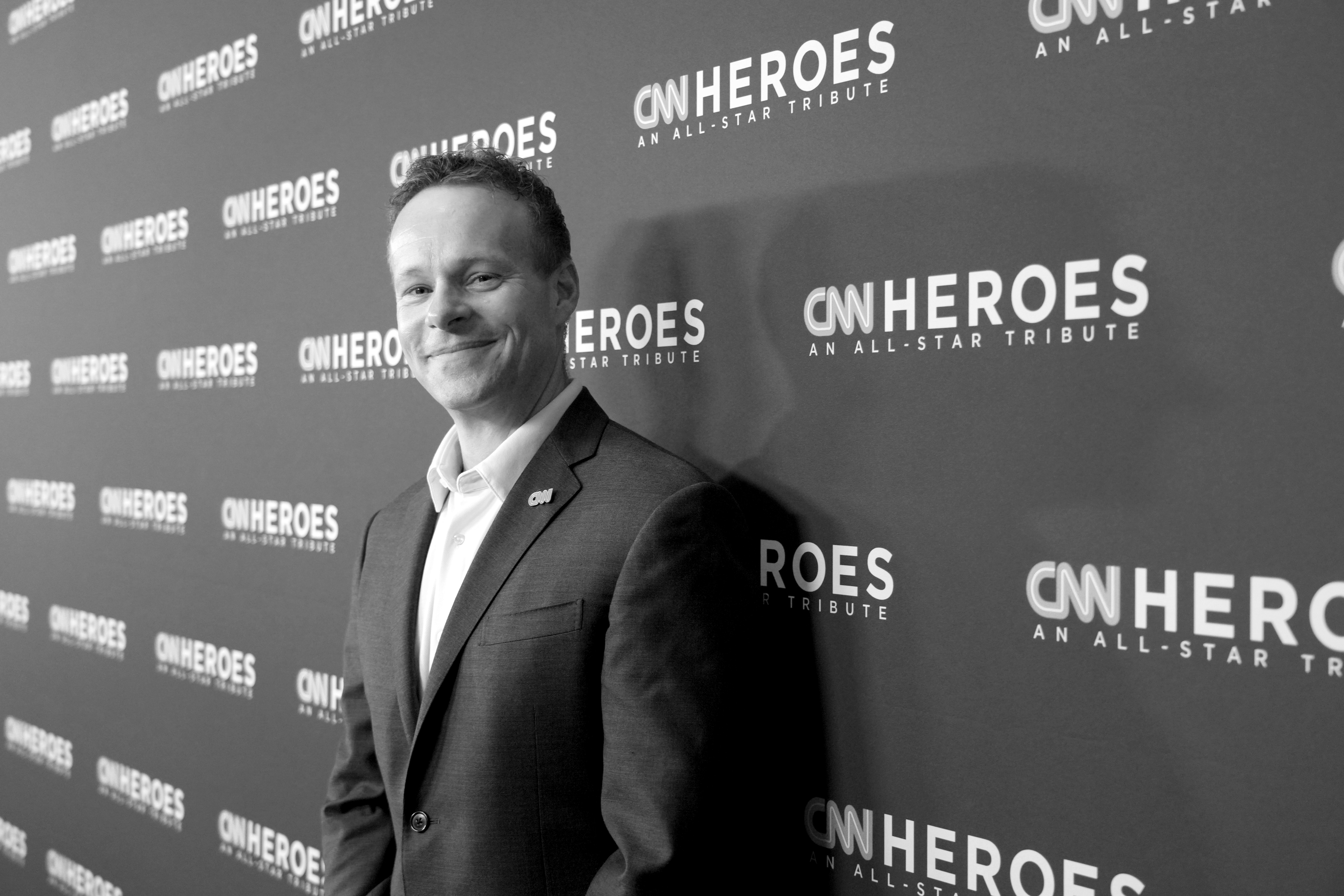
In what seemed like a foregone conclusion in the wake of Friday's damning profile of CNN's top executive in The Atlantic, Chris Licht was fired from the cable news network.
According to numerous published reports, Warner Bros. Discovery CEO David Zaslav informed CNN staff of the unsurprising move in a regular Wednesday morning editorial call.
A team of three executives will handle CNN's editorial operations on an interim basis: Amy Entelis, a veteran CNN exec who manages talent relations; Virginia Moseley, recently tapped to oversee editorial operations; and Eric Sherling, recently named head of U.S. programming.
David Leavy, a longtime Zaslav lieutenant who was named CNN COO last week, will oversee business activities.
By any measure, Licht's 13-month tenure has been disastrous: Ratings have declined to the point at which CNN, still a news giant with around 4,000 employees, now trails a small, fringe far-right competitor, Newsmax, in primetime audience performance; an attempt to turn former CNN primetime anchor Don Lemon into a morning-show personality utterly failed in a public way; and a decision to provide a town-hall forum for Donald Trump in May, complimenting it with a partisan crowd favoring the highly controversial former president, undermined Licht's already shaky credibility within the newsroom, not to mention viewers not aligned with Trump's MAGA movement.
Then there was the decision in and of itself to give Atlantic writer Tim Alberta unfettered access over a period of months, which seems to have provided the final, fatal blow to Licht's CNN tenure.
According to the Wall Street Journal, citing unnamed sources, CNN's biggest on-air hitters, Anderson Cooper, Jake Tapper and Erin Burnett, have all criticized Licht to upper management in recent days.
Licht seemed to grasp the objectives put forth by Zaslav and his boss, Liberty Media chief John Malone, who wanted to transition a cable news network known as a key resister of the Trump Administration back into a centrist linear news channel representing "both sides," regardless of how irrational, dangerous or objectionable the political agenda.
But while he understood the game plan, Licht seemed to fumble far too often.
One line in Alberta's 15,000-word opus seemed particularly on-the-nose: “Licht’s theory of CNN — what had gone wrong, how to fix it and why doing so could lift the entire industry — made a lot of sense. The execution of that theory? Another story. Every move he made, big programming decisions and small tactical maneuvers alike, seemed to backfire.”
Looking at Licht's tenure another way, Puck's Dylan Byers wrote this morning that the real damage wrought by Licht's rocky 13-month CNN ride was what he chose not to do.
Licht, Byers wrote, "spent 13 months at CNN rearranging deck chairs on a declining distribution platform, moving anchors to one time slot or another and tweaking aesthetics that were invisible or irrelevant to the remaining viewers. While the New York Times was diversifying into an always-on digital lifestyle brand with great journalism and video and podcasts (and games and product recommendations and recipes), Licht was creating milquetoast television for a bygone era that miffed his own employees and alienated CNN's core audience."







